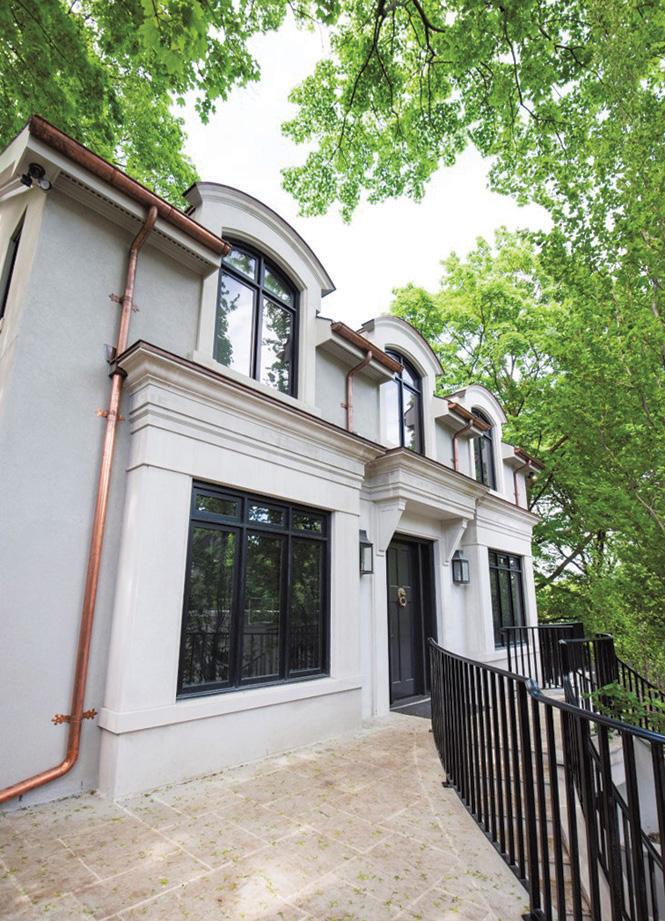
3 minute read
The changing of the gardener
As I walk along our winding streets, I see more Leaside gardeners who are stepping away from formal garden practices and choosing instead to work with Mother Nature.
Call them trailblazers, trendsetters or simply those who dance to a different drummer, these are the gardeners who inspire us to think differently about our relationship with the environment, and are ultimately changing how we perceive beauty.
Advertisement
Every year I see more lawns being converted into perennial gardens, pollinator gardens and rain gardens. And I’m seeing a lot more native plants too!
No Mow May
There was no official No Mow May campaign in Leaside, but it sure looked that way this spring. Personally, I think it looked amazing! But there are some who rightfully argue that the No Mow May campaign is a short-term solution to our pollinator problem. What’s really needed are more native plants and less tidiness in order to support these essential creatures throughout the year. Others believe this cam-
The Leaside Gardener
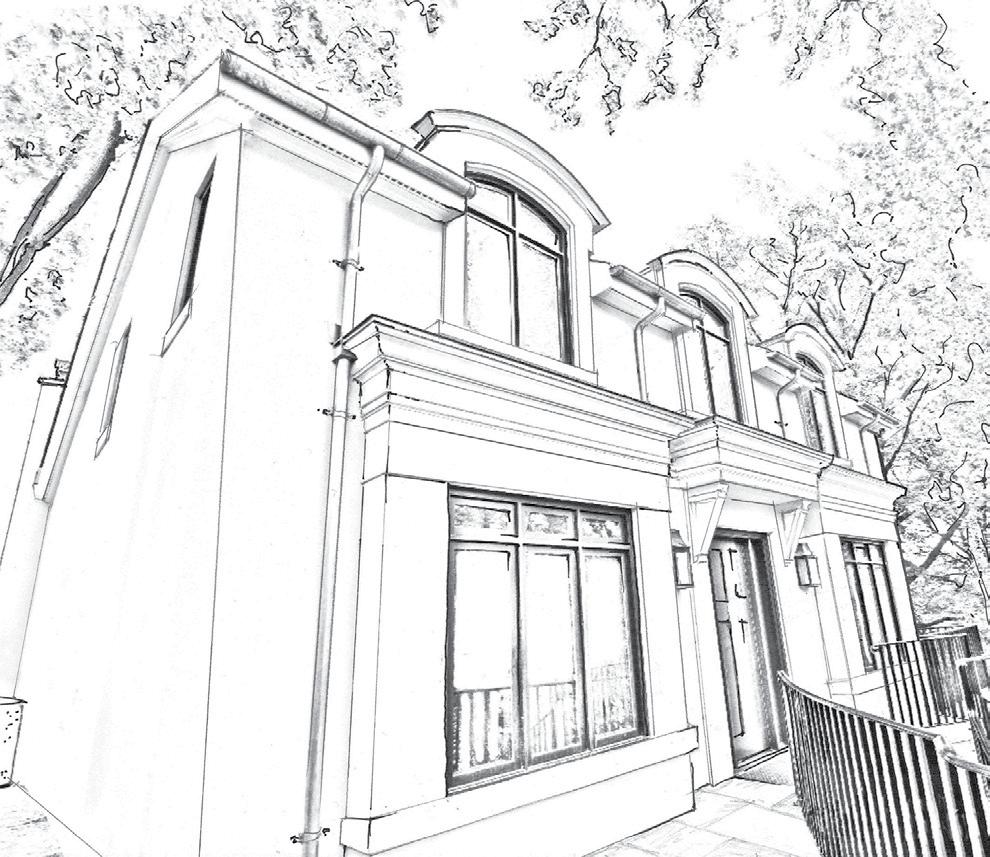
Debora Kuchme Columnist
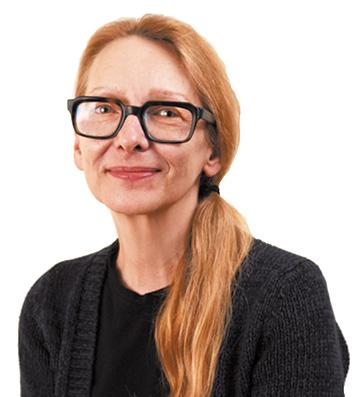
Still, there are many gardeners who believe formal traditional landscaping will never go out of style. For them, the look of manicured lawns and clipped hedges is classic and defines the ultimate urban landscape.
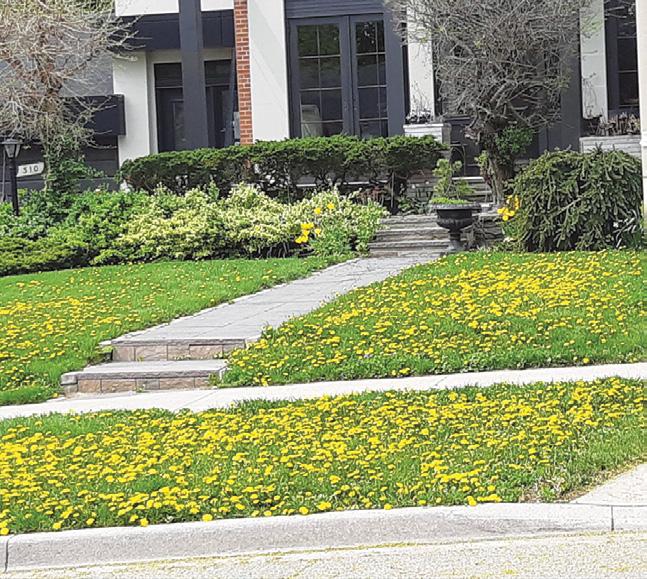
Unfortunately, this type of landscaping often comprises mostly non-native plants that are reliant on significant inputs of water, chemical fertilizers, pest control along with maintenance labour.
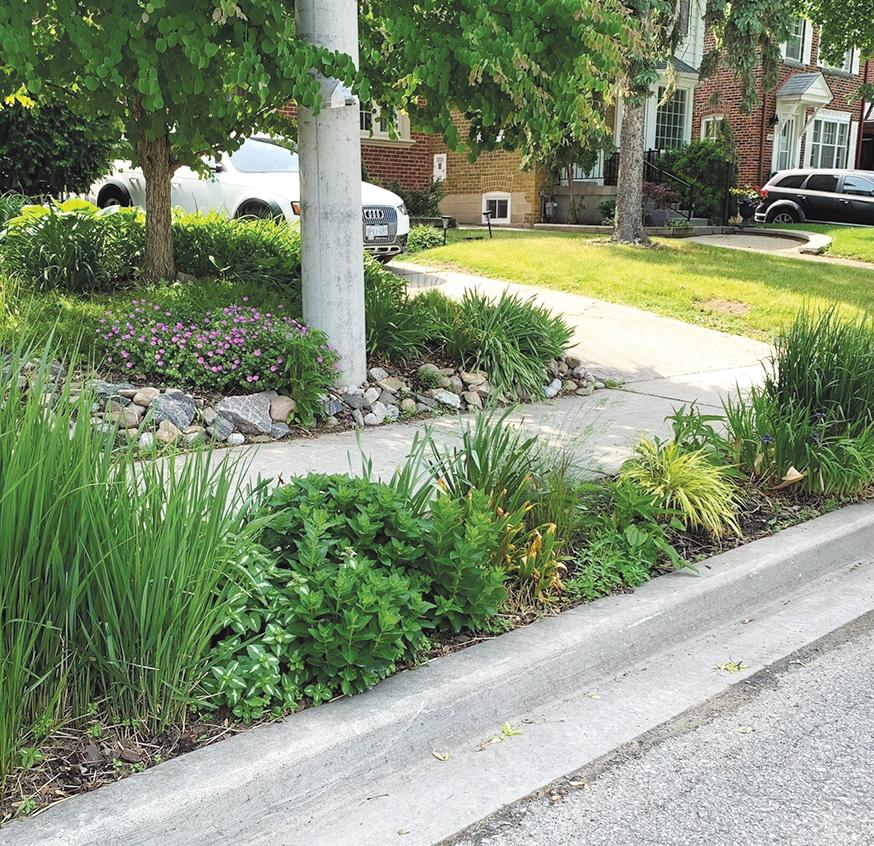
What do I think? All I can say is, thank goodness for the changing of the gardener! The more native and wild, the better. n paign at least opens our eyes to the lack of food source available to our native bees in early spring and hopefully makes us think about how our landscapes contribute to nature… or not. film advertising, and video. It also licensed theatres, licensed projectionists (who wrote their exams at the Leaside office) and oversaw theatre safety.



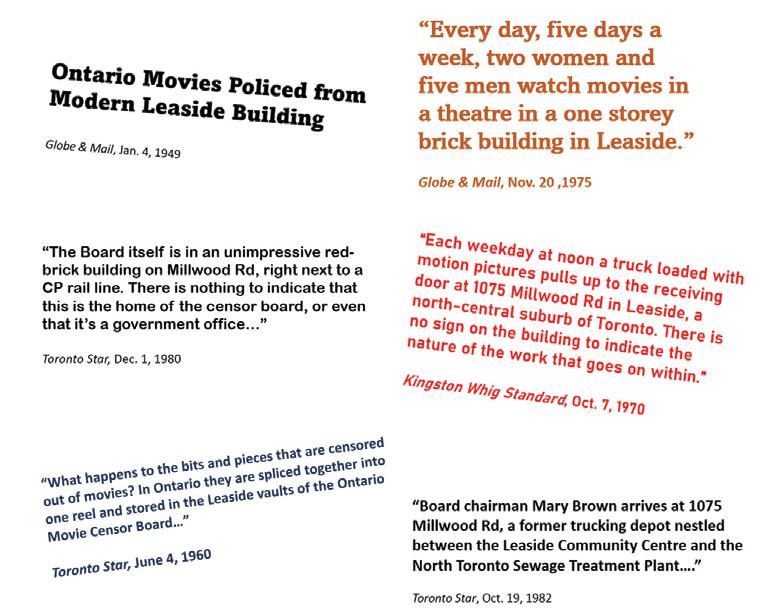
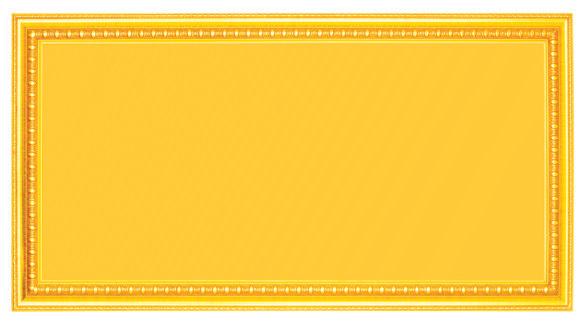
Cuts were mainly based on explicit sex and violence – although in earlier years profanity, suggestive language and scenes of excessive alcohol consumption were also often excised. Movie producers and distributors could appeal the board’s decisions, and it was not uncommon for delegations to travel to the Leaside office to make their case.
For all its power, the Ontario Censor Board was considered one of the most liberal in Canada and elsewhere, especially under its longtime chairman O.J. Silverthorne, who served from 1934-1974. After he retired, the Board acquired a reputation for being much stricter –especially under Silverthorne’s successors Donald Sims (1974-1980) and Mary Brown (1980-1986). During their tenure, the Board came under growing criticism for restricting access or demanding major cuts to several serious films, including Coming Home, The Tin Drum, and the National Film Board’s documentary
Not a Love Story.
Despite this and other challenges, the Board continued to operate in Leaside well into the current century. But its time was running out. Leaside Memorial Community Gardens had long desired the Board’s site so it could build a second ice rink. By 2010, the financial and legal arrangements were in place to acquire the property, and in 2012 ground for the new arena was broken and the Censor Board building was demolished. The Board lived on for a few more years but faded away in 2019 when the Ontario Government eliminated its supervising organization, the Ontario Film Authority. n more about the dangers to hives by colony collapse disorder.
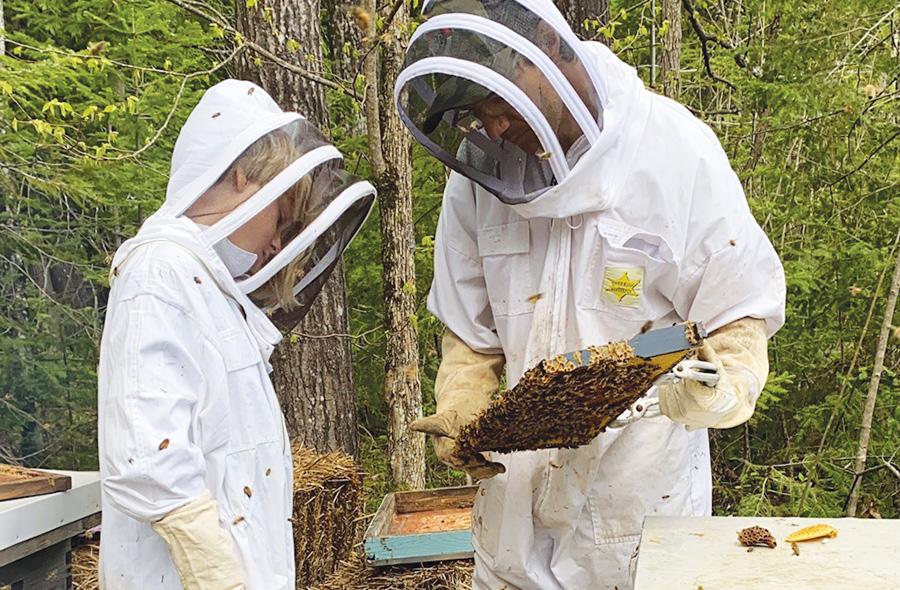
If you’ve read this far, you will realize that Tim is a second-generation Leasider. He grew up on Sutherland Drive beside Rolph Road School, and he and his wife made a conscious decision to find a home in Leaside, which by coincidence is also on Sutherland. His children attend the schools he attended. And while his wife, Judy, was not originally a Leasider, she now works in Leaside – farther up Sutherland as a doctor at Lyndhurst.
And yes, Tim is actually Dr. Tim Marshall, of the Bayview Chiropractic Health Centre at 1555 Bayview Ave. Chiropractor – and beekeeper! n
Nicoleta also praises the school’s recitals, held twice a year, which “provide a great opportunity for the students to perform in front of an audience.”
Grace explains that the recitals allow the students not only to showcase their talents, but “to develop a foundation of self-confidence that can be applied to all areas of their lives.” This June’s recital was conveniently located at Leaside United Church.
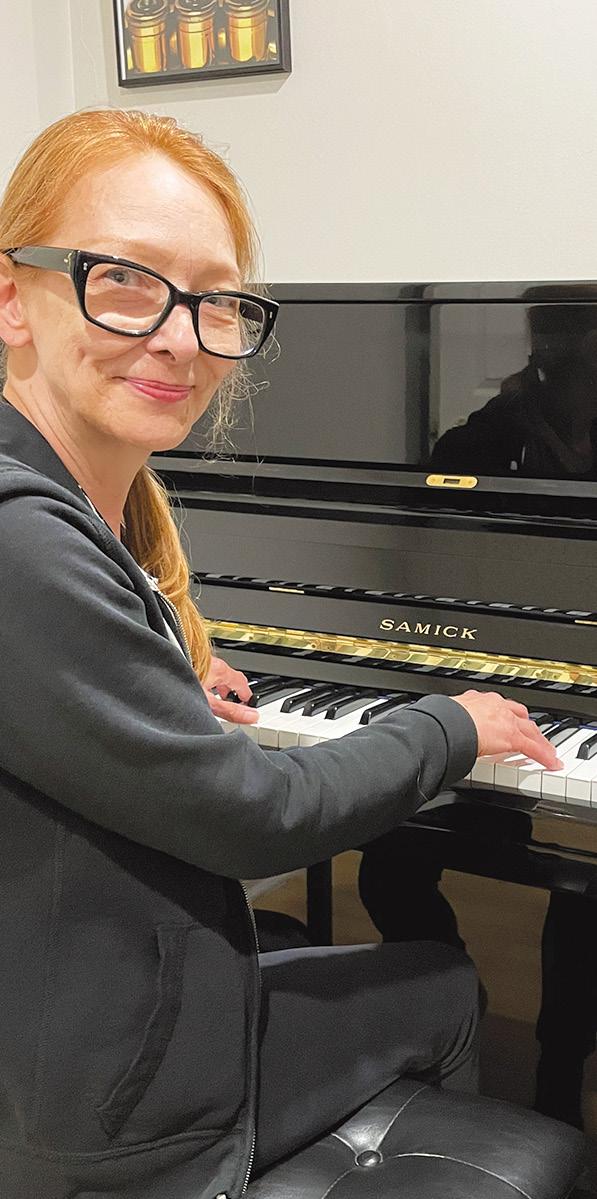
In the future, the staff at Melody hope to offer a wider range of music lessons and groups, and to expand the school. But in the meantime, they are happy to be rebounding from the pandemic and to see the smiles on the faces of their students.
One of those happy students happens to be Leaside Life’s gardening columnist, Debora Kuchme, who says that her piano playing, like her gardening expertise, was largely selftaught until she decided to pursue her dream of improving her skills at Melody a year ago. She credits her teachers there with making her feel comfortable and helping her achieve her goals. In fact, she refers to her experience as “her magical music journey” and says she “feels elated after every lesson.” n













